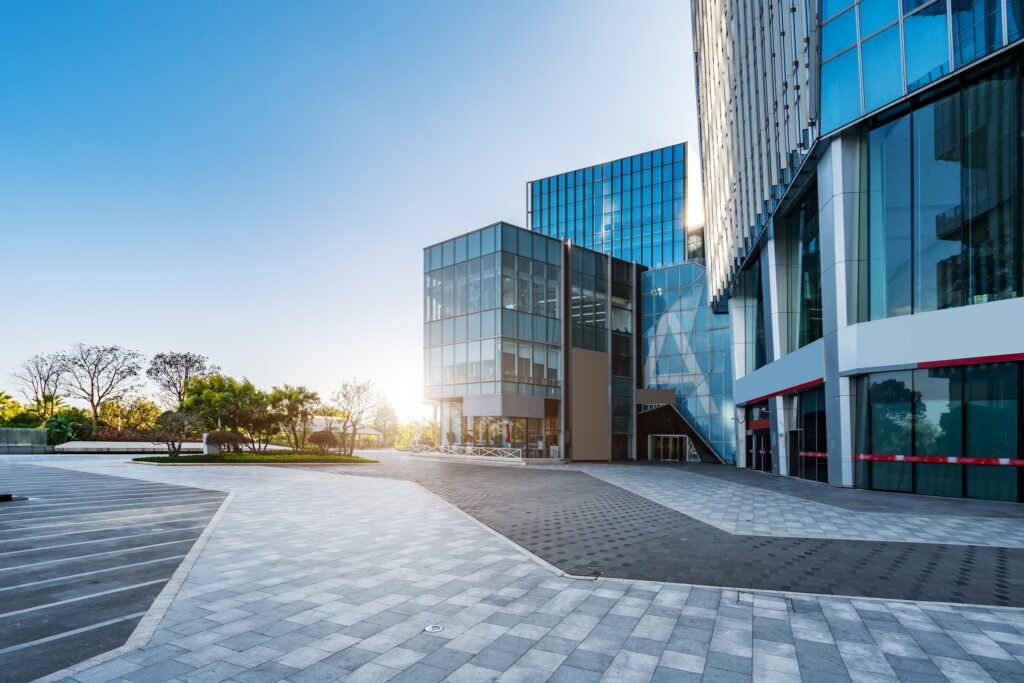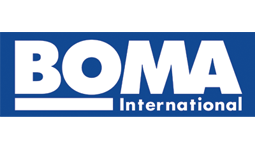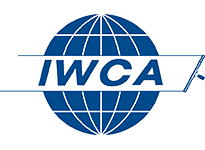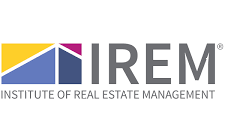Professional Facade Survey Services
KEVCO Building Services conducts facade surveys as a proactive approach to identifying potential exterior building issues before they become serious or costly to repair. Our facade inspection services are vital for high‑rise and commercial properties to maintain building facade safety, code compliance, and long‑term structural health.
Lifecycle360™ Facade Survey Process
Our partnership with Lifecycle360™ demonstrates that we take building facade safety seriously. This data-driven inspection and reporting system includes drone footage, annotated photographs, and lifecycle tracking for future maintenance planning.
KEVCO is proud to be a Lifecycle360™ Certified Service Provider. This partnership enables us to use one of the industry’s most advanced inspection systems to assess and report on building facade safety.
With over three decades of experience learning about building materials, weathering patterns, and structural weak points, our exterior building assessments go beyond surface-level findings. We are detailed, strategic, and proud of every job we complete.
Contact us today to schedule a free consultation.

Why Choose KEVCO for Your Facade Survey?
KEVCO has been working with commercial property managers, engineers, and building owners since 1988. Over the years, we’ve built long-standing partnerships across Washington, DC, and the Mid-Atlantic region by staying focused on safety, accuracy, and clear communication.
Plus, every building envelope inspection we perform is OSHA-compliant from start to finish. Safety remains a constant focus—not just for our team, but for the tenants, pedestrians, and properties we work around. From the initial walkthrough to the final report, we handle every detail with care, experience, and accountability.
What Is a Facade Survey?
A facade survey is a detailed inspection of a building’s exterior envelope. It covers key components such as masonry, windows, cladding systems, and sealants. The purpose of these surveys is to catch early signs of damage, water infiltration, movement, or deterioration so they can be cleaned, repaired, or replaced before serious concerns arise.
As more cities adopt facade safety laws, these inspections are quickly moving from optional to required. Building owners and managers need documentation to prove compliance, especially for aging structures or those located in busy urban environments. Even when not mandated, regular facade inspections are a wise business decision because of the many benefits they offer.
The process begins with a comprehensive review of the building envelope. Using a combination of drone footage, high-resolution images, and field data, we create a complete map of the building exterior. Every concern—such as cracks, discoloration, sealant failure, and corrosion—is logged, photographed, and annotated.
We then assign each issue a condition rating and lifecycle status. This allows building owners and property managers to prioritize repairs based on urgency, budget, and structural impact. The clear, organized report we supply to you improves long-term decision-making and reduces the risk of missed warning signs.
Schedule a Facade Survey with KEVCO Today
Now is the time to protect your building’s exterior and plan for the future. Whether you manage a single property or oversee an entire portfolio, KEVCO’s facade inspection services fit your schedule, needs, and budget. Our team serves the Washington, DC, metro area and the Mid-Atlantic region with honesty, integrity, and incomparable industry knowledge.
Contact us today to request a custom proposal.
Frequently Asked Questions
What types of buildings need a facade survey?
Most commercial and high-rise buildings benefit from regular facade inspections. They’re especially important for structures with aging exteriors, buildings exposed to frequent temperature swings, or those in jurisdictions where facade surveys are required.
How often should facade inspections be conducted?
Facade surveys are typically recommended every five to 10 years for buildings in good condition. Buildings in fair condition may require inspections every two to three years, and annual assessments are often advised for buildings in poor condition.








